The Cantareira Consortium, serving the concessionaire Via SP Serra, completed last Friday (February 6) the opening of the outer...
OEC and Novonor attend SINICON’s 65th anniversary event
DATE: 08/15/2024
SINICON (National Union of the Heavy Construction-Infrastructure Industry), the oldest organization representing the heavy construction sector in Brazil, celebrated its 65th anniversary on Tuesday, August 13, in Brasilia. OEC is affiliated to the organization.
During the event, the president of Inter.B and country director of the International Growth Center (London School of Economics and Oxford University), Claudio Frischtak, presented the study “The Modernization of Infrastructure in Brazil: Challenges and Proposals”. According to the document, Brazil will not invest even 2% of its GDP in infrastructure between 2022 and 2024. Of these investments, two thirds will come from the private sector.
According to Frischtak, the biggest deficiencies are in transport and basic sanitation. In an interview during the event, the economist said that the country’s priorities should be focused on urban mobility and rainwater management, a demand that was highlighted by the floods that hit the state of Rio Grande do Sul in May this year.
The segment’s capital stock currently represents 35.5% of GDP. The economist believes that to reach the ideal point, this figure should be 60%, a level that Brazil would only reach by investing around 4% of GDP over the next 25 years, with an annual expansion in investment of around 0.2%.
According to the president of SINICON, Claudio Medeiros, the meeting comes at a challenging time for Brazil, which just a few years ago saw historic lows in investment, which led to the aging of the country’s infrastructure. “Brazil has learned that there is only economic growth with public investment in infrastructure. We need to return to valuing Brazilian engineering,” he summarizes.
For Mauricio Cruz, investing in infrastructure means fostering the development of various sectors of the economy. “Better roads, more efficient ports and airports, sanitation networks that improve people’s health, energy to move machinery and create jobs should be the focus of attention for any country that wants to grow sustainably. This is what infrastructure works provide. And SINICON plays a very important role in legitimately articulating with the powers that be so that these demands are always on the country’s agenda of priorities,” he said.
The event was attended by authorities from the Executive, Legislative and Judiciary branches, as well as industry leaders from all over the country. In attendance were the Minister of Defense, José Múcio Monteiro, the president of the National Confederation of Industry (CNI), Ricardo Alban, the special secretary of the Investment Partnerships Program, Marcus Cavalcanti, and the secretary of Industrial Development, Innovation, Trade and Services, Uallace Moreira, as well as the president of the Union and head of Institutional Relations at OEC and Novonor, Cláudio Medeiros. For Novonor and OEC, Mauricio Cruz, LN OEC, Rodrigo Vilar, Director of Communication and Marketing, Fabio Gandolfo, Director of Infrastructure in Brazil, Ricardo Ricardi, Executive Director of Enseada, and Marcelo Gentil, Institutional Relations Manager, were present.
About SINICON
Founded in 1959, SINICON has territorial coverage and represents the economic category of the heavy construction industry – infrastructure, which accounts for 25% of the national GDP (Gross Domestic Product). The organization operates in 18 states: Acre, Alagoas, Amapá, Amazonas, Bahia, Distrito Federal, Goiás, Maranhão, Mato Grosso do Sul, Pará, Paraíba, Pernambuco, Piauí, Rio de Janeiro, Rio Grande do Norte, Roraima, Sergipe and Tocantins. It has experience and an important track record in dialoguing with entities representing workers, in collective labor negotiations, and in providing support related to the interaction of companies and workers. Institutionally, SINICON dialogues with the Legislative, Executive and Judiciary branches in order to defend the interests of the sector, as well as partnering with related and similar entities.


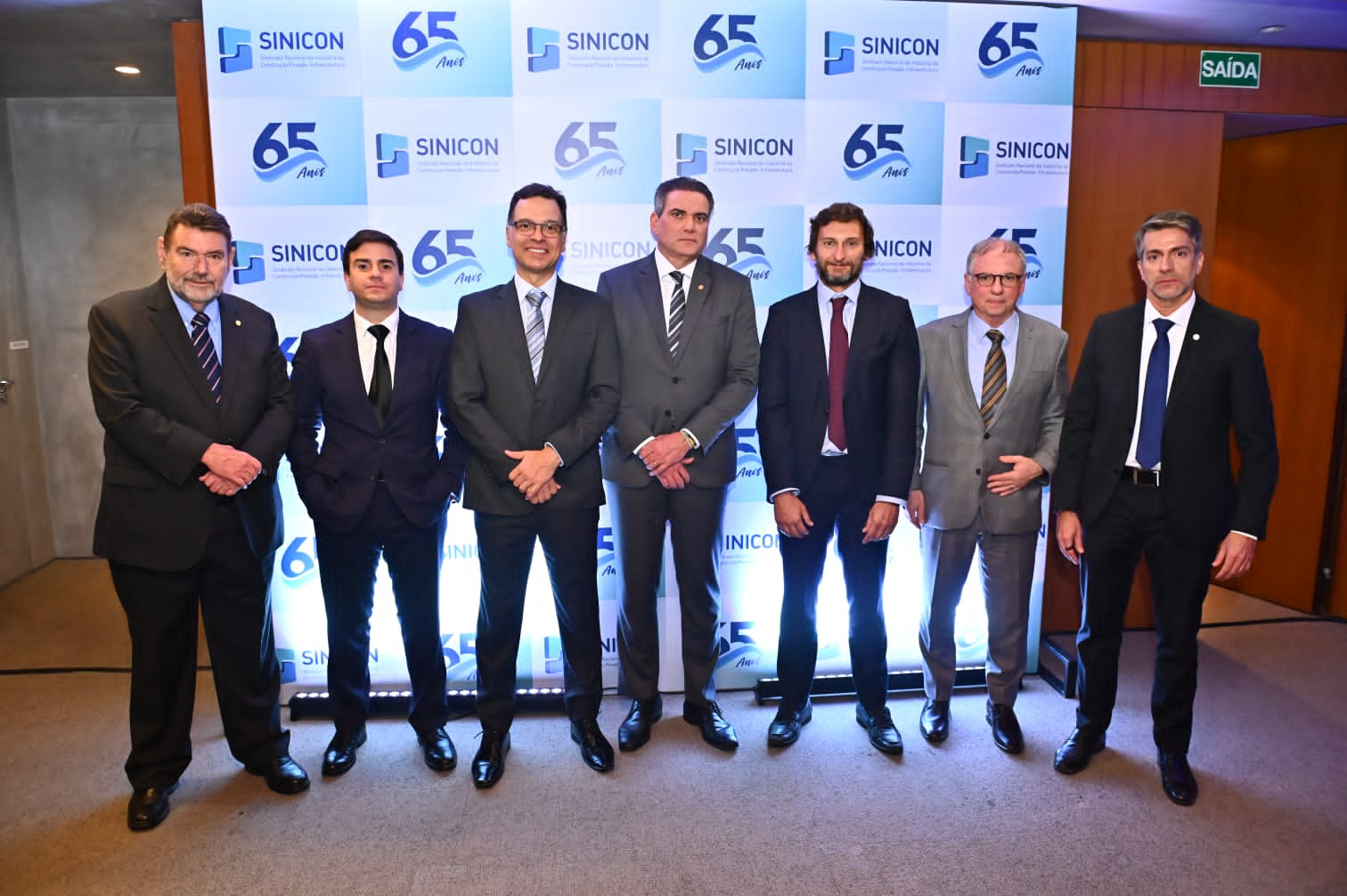
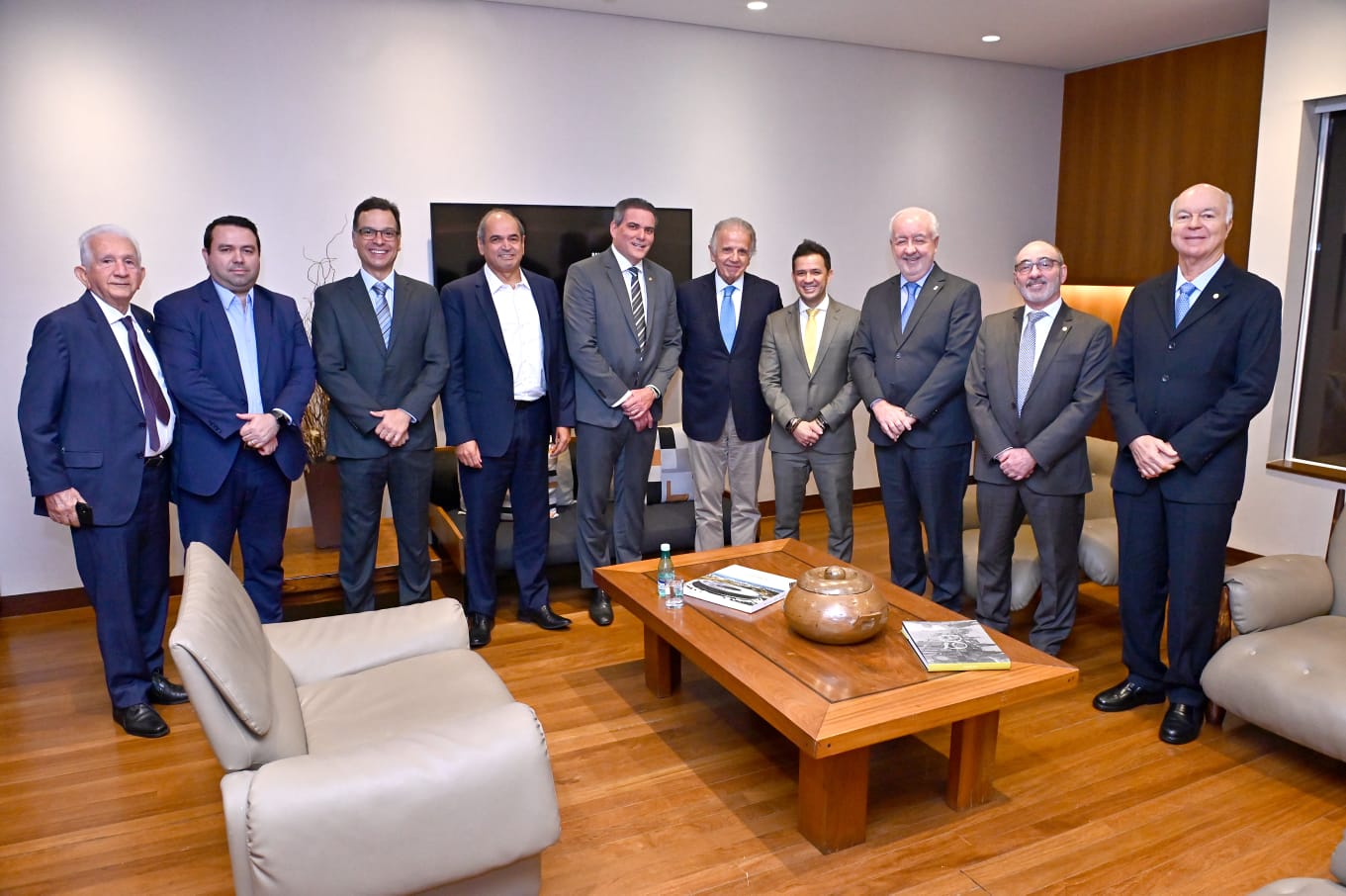
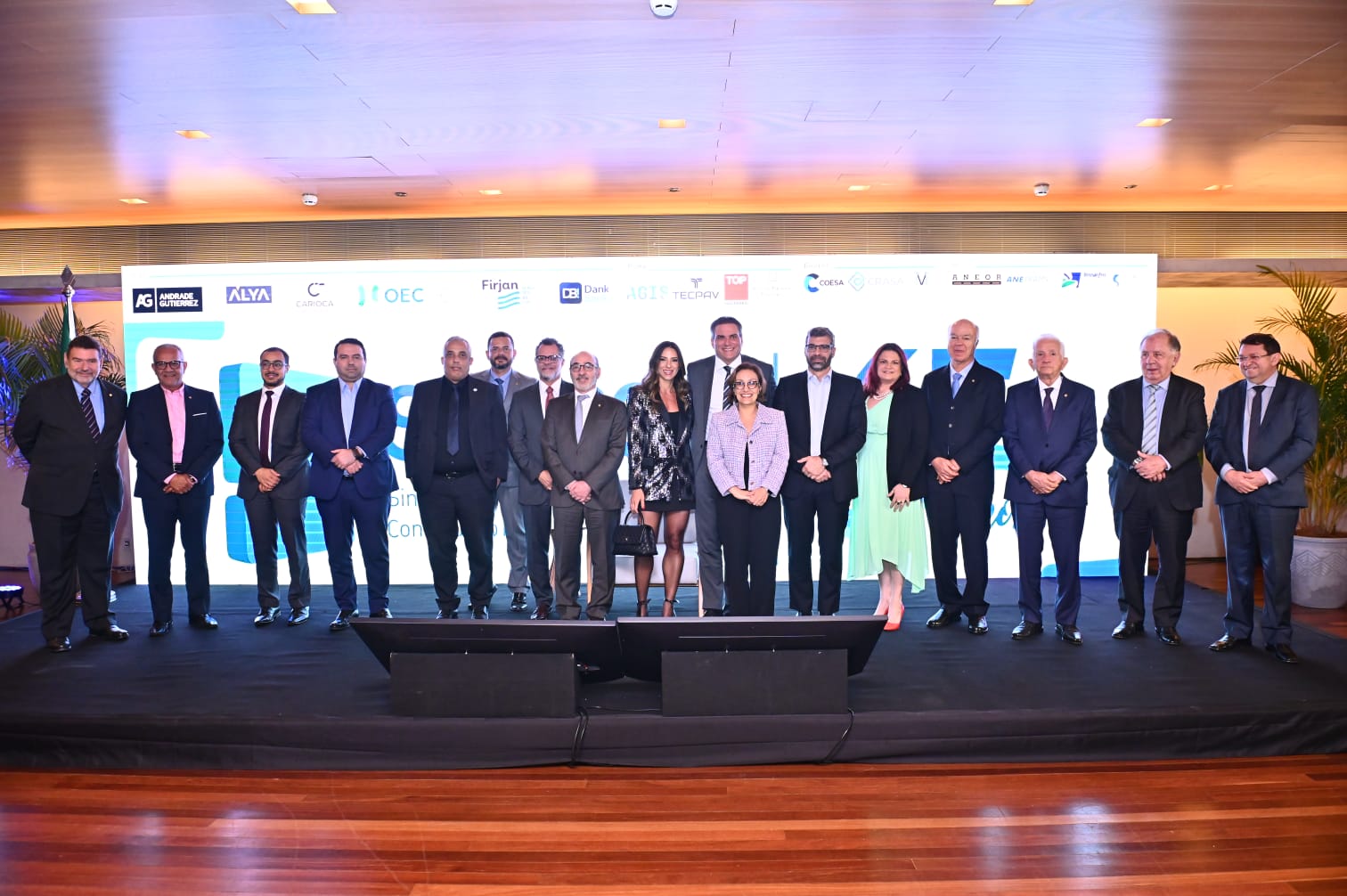
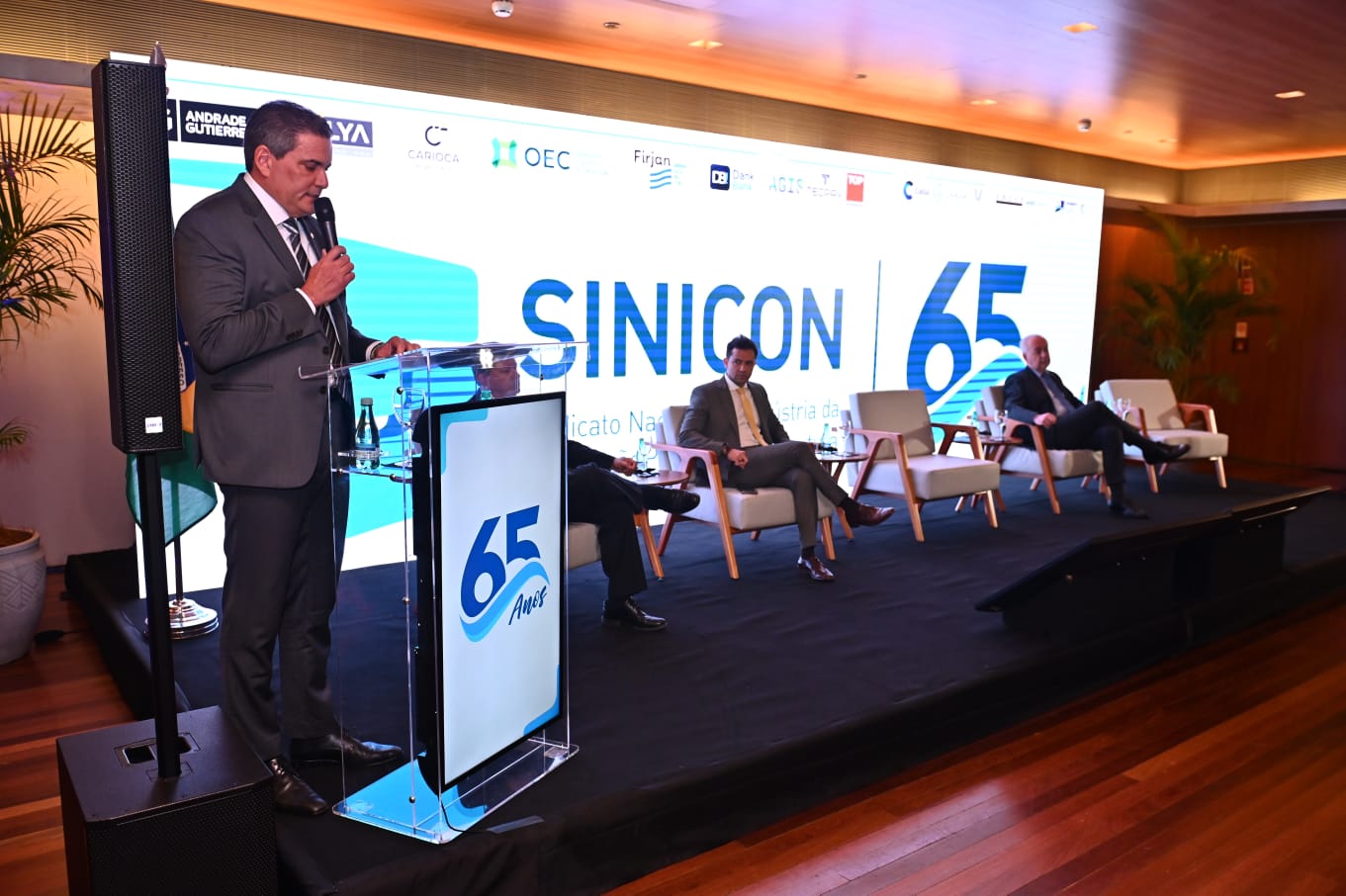
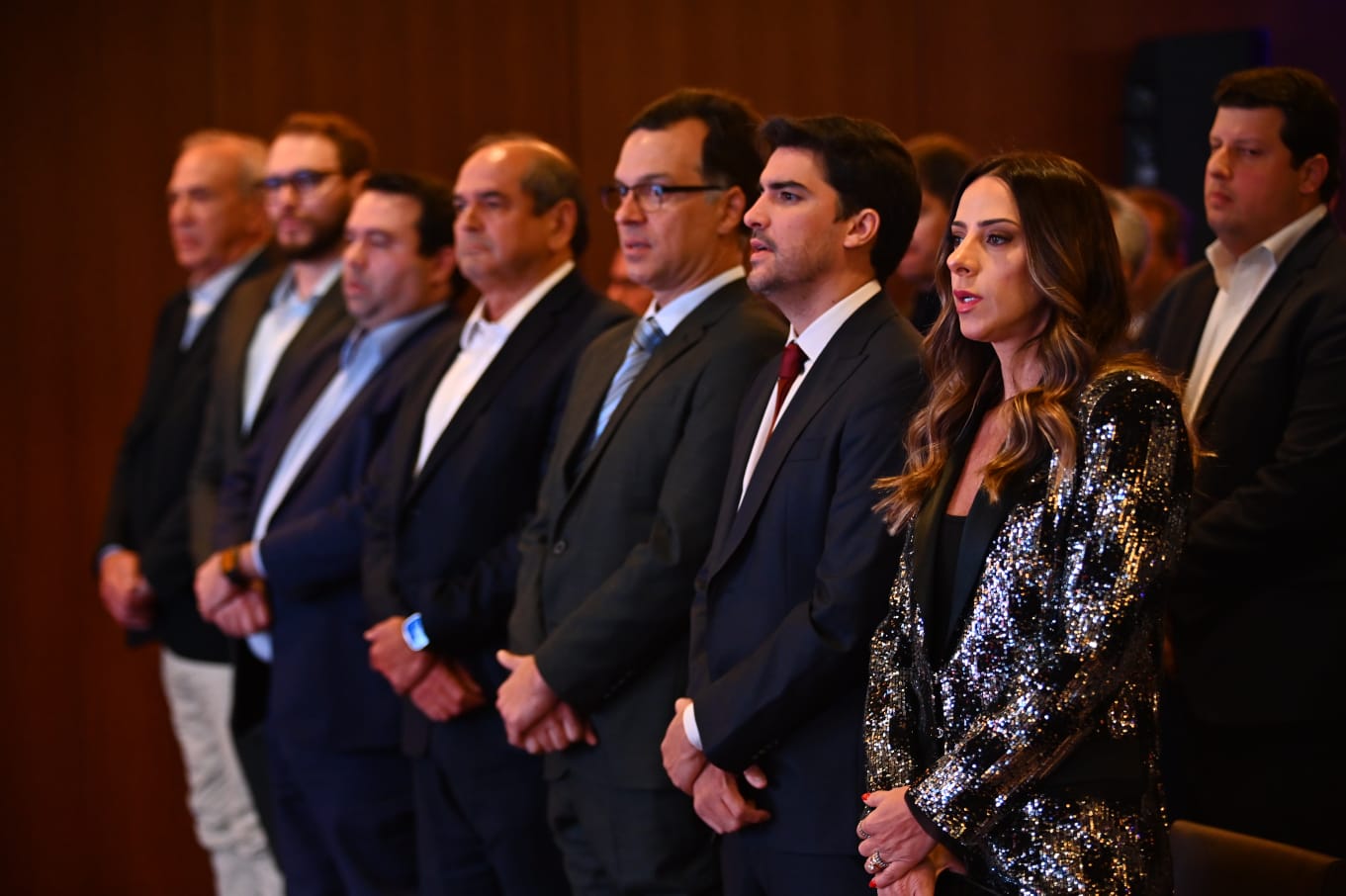

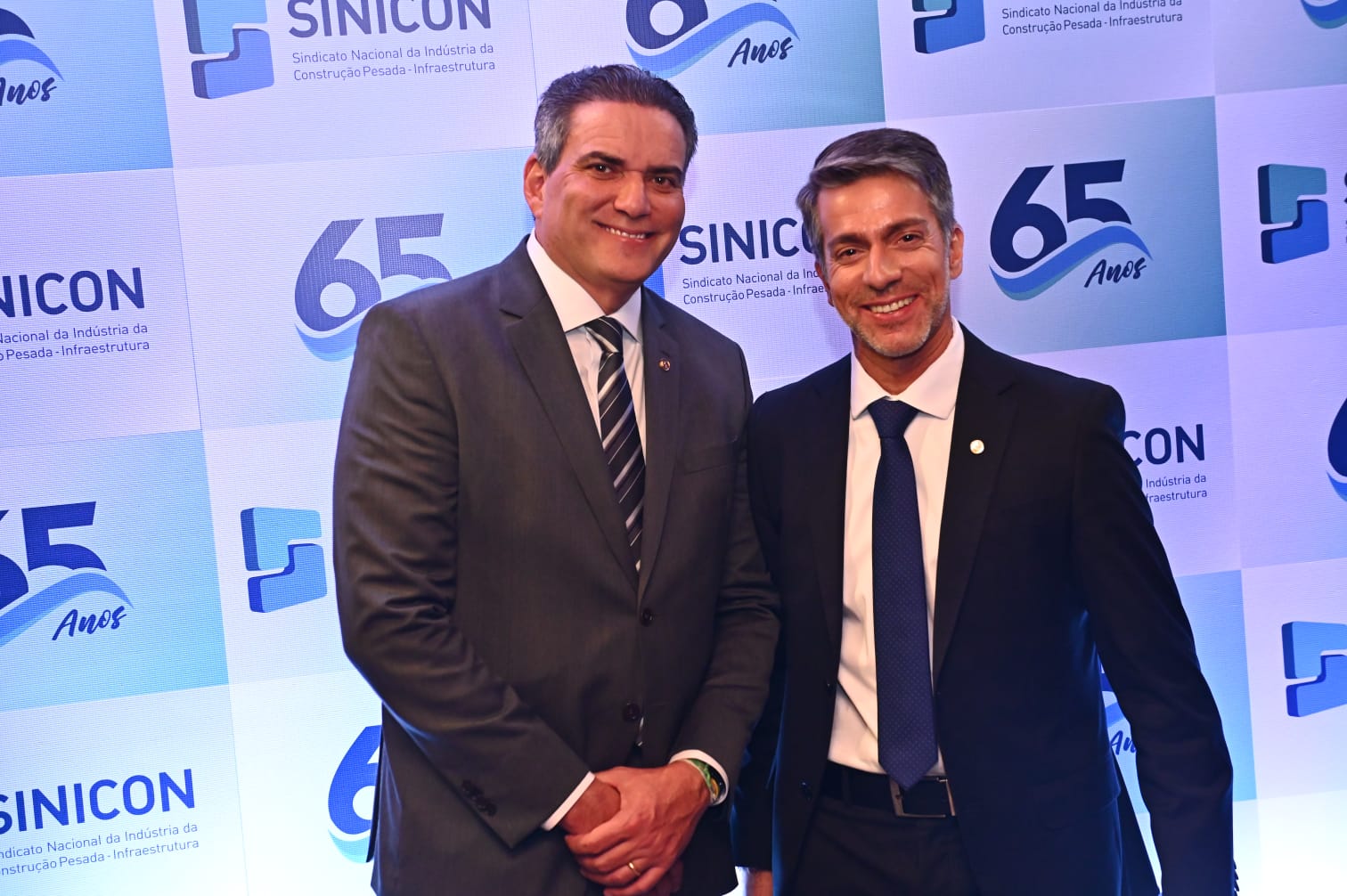

No comments